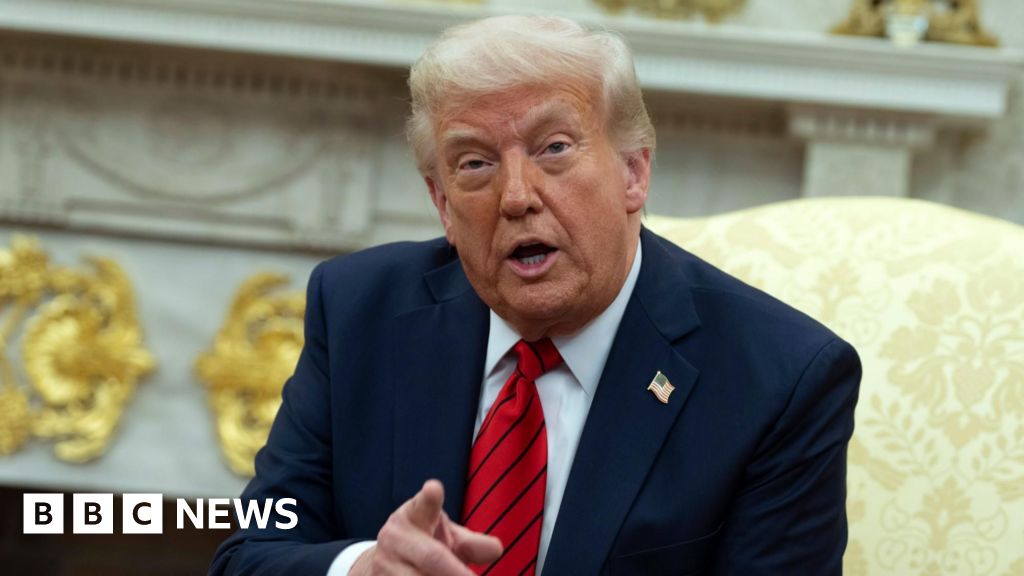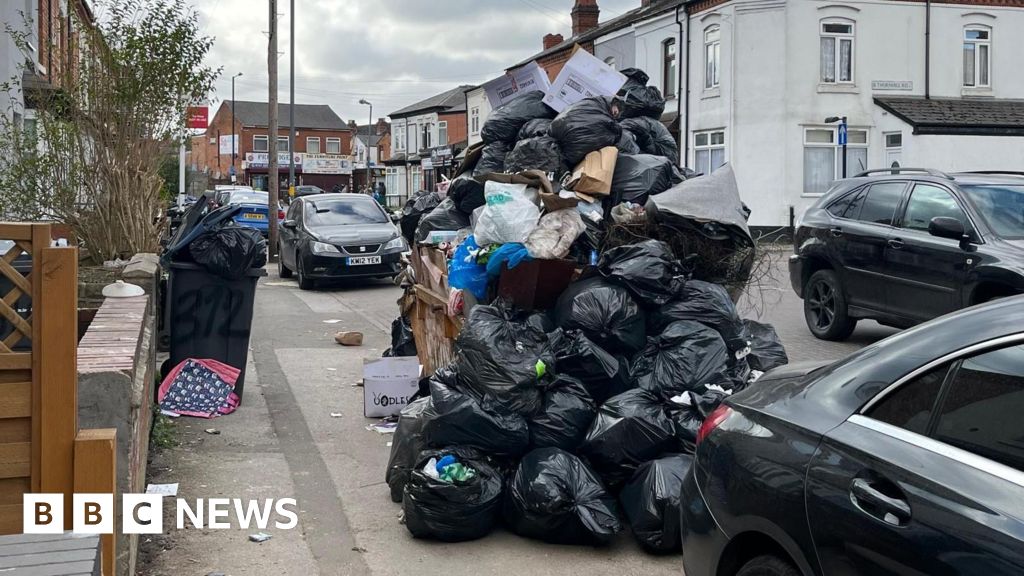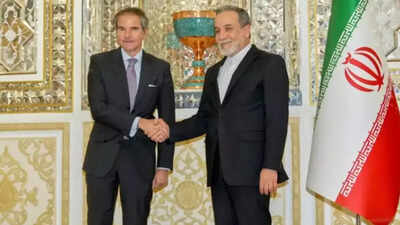Iran and US Engage in High-Stakes Nuclear Talks Amid Heightened Tensions

In a crucial development, Iran and the United States have embarked on a second round of high-stakes nuclear negotiations in Rome, with both parties agreeing to reconvene next week. However, the optimism surrounding these discussions is overshadowed by escalating military threats and mixed signals from both sides. US President Donald Trump has consistently reminded Tehran of its precarious choices: negotiate a deal or risk war. He has previously stated that Israel would spearhead any military response should the talks fail to yield results.
This past Wednesday, the New York Times reported that Trump had effectively dismissed an Israeli proposal to strike Iranian nuclear facilities as early as next month. In response to this assertion, Trump remarked to reporters, I wouldnt say waved off. Im not in a rush to do it, emphasizing his preference for diplomatic solutions. I think that Iran has a chance to have a great country and to live happily without death Thats my first option. If theres a second option, I think it would be very bad for Iran, he added.
The initial round of talks in Oman was characterized by both sides as constructive, prompting Trump to indicate that he would soon make a significant decision regarding Iran.
Iran's Decision to Engage in Talks
Iran's decision to return to negotiations can be traced back to the pivotal year of 2018 when President Trump unilaterally withdrew the US from a landmark agreement established in 2015. This deal had previously mandated Iran to curtail its nuclear activities in exchange for relief from crippling international sanctions, which had severely hampered its economy. Trump criticized the agreement for insufficiently addressing Iran's potential trajectory toward developing nuclear weapons, leading to the reimposition of US sanctions as part of his "maximum pressure" strategy to compel Iran to forge a new deal. In retaliation, Iran progressively began violating the terms of the agreement, amassing enough highly-enriched uranium to manufacture several nuclear bombs, a prospect it has publicly vowed never to pursue.
The looming threat of military action appears to have been a key factor in motivating Iran to return to the negotiating table, although Iranian officials contend that their participation is not driven by fear. According to the Supreme Leader Ayatollah Ali Khamenei's official website, Iran agreed to engage in talks primarily because the US has limited its demands strictly to nuclear-related issues, rather than any broader geopolitical concerns. Despite this, the prospect of reaching a concrete deal remains uncertain. Trumps Special Envoy to the Middle East, Steve Witkoff, who is leading the US negotiating team, posted on social media platform X on Tuesday, stating, Any final arrangement must set a framework for peace, stability, and prosperity in the Middle East meaning that Iran must stop and eliminate its nuclear enrichment and weaponization programme.
Complicating matters, Witkoff had previously suggested during an interview with Fox News that Iran might still be permitted to continue its uranium enrichment activities. Witkoff referred to the 3.67% enrichment cap established by the 2015 nuclear deal, stressing the importance of robust verification measures regarding both enrichment and potential weaponization efforts. In response, Iranian Foreign Minister Abbas Araghchi, who heads the Iranian negotiating delegation, pointed out the contradictory statements from the US side and reaffirmed that while Iran is committed to addressing concerns related to its enrichment activities, the principle of enrichment itself is non-negotiable.
A Diplomatic Surge
The recent talks in Rome are part of an intense flurry of diplomatic engagements. On Thursday, Saudi Arabias Defence Minister, Prince Khalid bin Salman, visited Tehran to deliver a personal message from his father, King Salman, to Ayatollah Khamenei. He also held discussions with Iranian President Masoud Pezeshkian. Iran has firmly warned that any military action orchestrated by the US would result in retaliation against American bases in the region, many of which are situated in countries that are Iran's Arab neighbors.
Simultaneously, Araghchi made a trip to Moscow, where he conveyed a letter from Khamenei to Russian President Vladimir Putin. The relationship between Iran and Russia has deepened significantly since the onset of the conflict in Ukraine, with Iran being accused of supplying drones to support Russias military efforts. Furthermore, the Russian parliament ratified a 20-year strategic partnership agreement with Iran just ten days ago, although it notably lacks a mutual defense clause. Meanwhile, Rafael Grossi, the chief of the International Atomic Energy Agency (IAEA), wrapped up a two-day visit to Tehran this week, engaging with Iranian nuclear officials and the foreign minister in an attempt to alleviate tensions and restore inspection protocols.
An Atmosphere of Distrust
Since Trumps return to office this year, Ayatollah Khamenei has openly criticized negotiations with the US, stating, Negotiating with this administration is not logical, not wise, nor honorable, during a speech in February, just two months prior to the current round of negotiations. This skepticism is rooted in Trump's prior withdrawal from the nuclear deal, the ensuing "maximum pressure" campaign, and the assassination of General Qassem Soleimani in a US drone strike in Iraq in 2020. While Khamenei has expressed satisfaction with the initial talks, labeling them as implemented well, he also advised caution, expressing that he remains neither overly optimistic nor overly pessimistic.
Khamenei has previously issued stern warnings that Iran would retaliate should its nuclear program come under attack. Some officials, including his advisor Ali Larijani, have gone so far as to suggest that Iran might feel compelled to acquire a nuclear weapon if military action were to occur. We are not pursuing weapons, and we have no problem with IAEA oversight even indefinitely. But if you resort to bombing, Iran will have no choice but to reconsider. That is not in your interest, Larijani remarked in an interview with state television earlier this month.


























